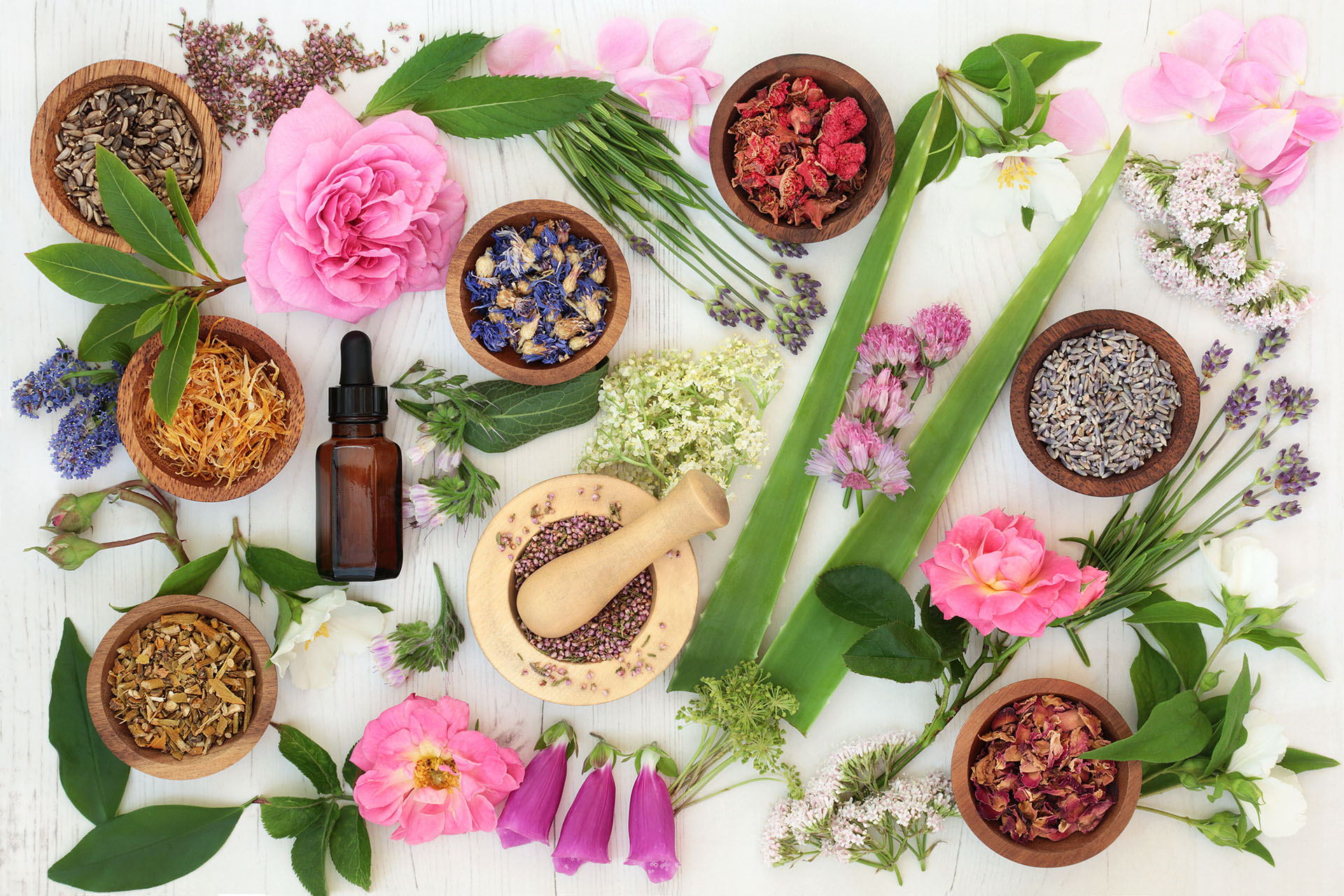- (425) 785-5504
- drlaara@drlaaravanbryce.com
- 1750 112th Ave NE Ste E165 Bellevue WA 98004

Many women are turning to natural solutions to manage these symptoms effectively.
In a moment, you’ll learn about 5 remarkable herbs that can help reduce menopause symptoms, offering you a path to more comfort and ease during this transition.
Stay tuned to discover how these herbs can make a difference in your life!
Natural remedies, such as herbs, can effectively and safely be used by women to help minimize menopausal symptoms.
And of course, not just any herbs will do.
The herbs I’m about to introduce to you have unique properties, known as phytoestrogens and polyphony.
Phytoestrogens are naturally occurring plant compounds that can mimic the effects of estrogen on the human body. They have a chemical structure similar to estrogen and can bind to estrogen receptor sites on cells.
Phytoestrogens can help balance hormone levels during menopause when estrogen levels naturally decline. They are known to alleviate hot flashes and night sweats.
Polyphenols are associated with the health benefits of fruits, vegetables, and whole grains, due to their antioxidant properties, which protect cells from free radical damage.
They also have anti-inflammatory properties and can support cardiovascular health, improve brain function, and potentially reduce the risk of certain cancers.
These herbs offer a natural alternative for managing menopausal symptoms and may be used alone or in combination with other treatments as part of a holistic approach to menopause management.
Now you know four remarkable herbs that can help ease your menopausal symptoms and improve the quality of your life.
By incorporating these natural remedies, you may experience relief from hot flashes, mood swings, night sweats, and other common menopause challenges.
Now that you know about these five powerful herbs that can help ease your menopause symptoms, I’d love to hear from you!
Have you tried any of these herbs, or do you have other natural remedies that have worked for you?
Share your experiences and insights in the comments below.
Your stories and tips can help others going through the same journey.
Plus, engaging with our community can provide additional support and ideas for managing menopause naturally.